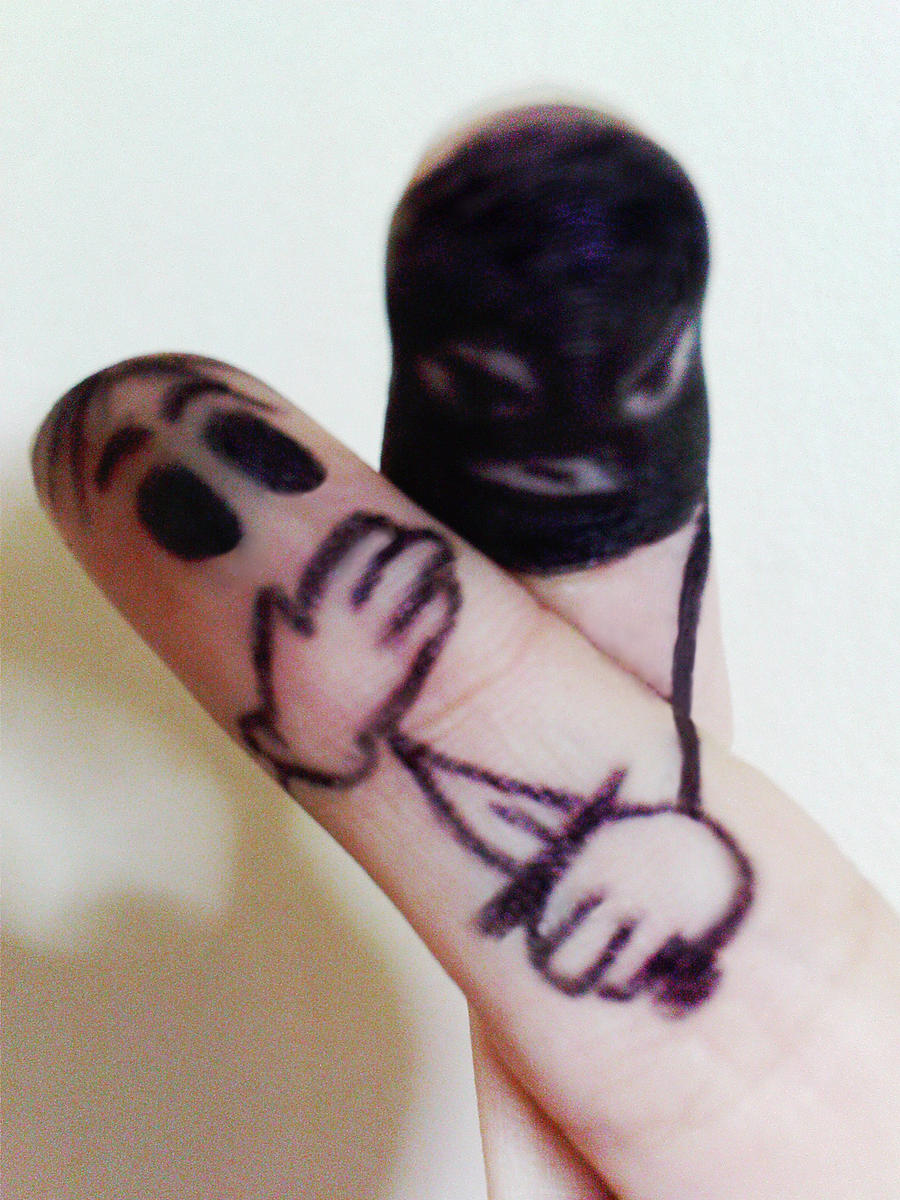ஒரு பொது ஊழியர் நல்லெண்ணத்துடன் செய்யும் அல்லது செய்ய முயற்சி செய்யும் காரியத்தை எதிர்த்துத் தற்காப்பு உரிமையைப் பிரயோகிக்க முடியாது. அப்படித் தற்காப்பு உரிமையைப் பிரவோகிக்க வேண்டுமென்றால் அந்தப் பொது ஊழியரின் செயலால் மரணம் அல்லது கொடுங்காயம் ஏற்படக்கூடும் என்ற நியமான உணர்வு எழ வேண்டும்.
பொது ஊழியரின் செய்கை சட்டப்படி முறையற்றதாகக்கூட இருக்கலாம், இருப்பினும் அவரை எதிர்த்து தற்காப்பு உரிமையைப் பயன்படுத்தக்கூடாது.
அதே போல் நல்ல எண்ணத்துடன் செயல்படும் ஒருவரின் ஆணையின் கீழ் நடைப்பெறும் காரியத்தை எதிர்க்க முடியாது. அந்தக் காரியம் சட்ட வரம்புக்கு அப்பாற்பட்டதாக இருப்பினும் எதிர்க்க முடியாது. அப்படி தற்காப்பு உரிமையை பயன்படுத்தி எதிர்க்க வேண்டுமென்றால், அந்தச் செயலின் மூலம் மரணம் அல்லது கொடுங்காயம் சம்பவிக்க கூடும் என்ற நியாயப்பூர்வமான அச்சம் ஏற்பட வேண்டும்.
அதேப்போன்று அந்தச் செயலை எதிர்த்து அரசாங்க அதிகாரிகளின் உதவியையும் பாதுக்காப்பையும் நாடிப் பெறுவதற்கான அவகாசம் இருக்கும் போது தற்காப்பு உரிமையை பயன்படுத்தல் கூடாது.
தற்காப்பு உரிமையை எல்லை மீறிப் பயன்படுத்தக் கூடாது. தற்காப்புக்காக தாக்க நேரிட்டால் அளவுக்கு மீறித் தீங்கு உண்டாக்கக்கூடாது. தன்னைக் காத்துக் கொள்ள எந்த அளவுக்கு தாக்குதல் நடத்த வேண்டுமோ அதற்கு மேல் சென்று தாக்குதல் நடத்தக் கூடாது.
விளக்கம்
1. காரியத்தை செய்பவர் பொது ஊழியர் என்று தெரியாமல் தற்காப்பு உரிமையைப் பயன்படுத்தியிருந்தால் அது தவறாகாது.
2. அதேப் போல பொது ஊழியரின் ஆணைப்படி ஒரு காரியம் செய்யப்படுகிறது என்பதை அறியாமல் தற்காப்பு உரிமையைப் பயன்படுத்தியிருந்தால் அது தவறாகாது.
Section 99 in The Indian Penal Code
Acts against which there is no right of private defence.—There is
no right of private defence against an act which does not reasonably
cause the apprehension of death or of grievous hurt, if done, or
attempted to be done, by a public servant acting in good faith under
colour of his office, though that act, may not be strictly justifiable
by law.
There is no right of private defence against an act which does
not reasonably cause the apprehension of death or of grievous hurt, if
done, or attempted to be done, by the direction of a public servant
acting in good faith under colour of his office, though that direction
may not be strictly justifiable by law. There is no right of private
defence in cases in which there is time to have recourse to the
protection of the public authorities. Extent to which the right may be
exercised.—
The right of private defence in no case extends to the
inflicting of more harm than it is necessary to inflict for the purpose
of defence.
Explanation 1.—A person is not deprived of the right of
private defence against an act done, or attempted to be done, by a
public servant, as such, unless he knows or has reason to believe, that
the person doing the act is such public servant.
Explanation 2.—A person
is not deprived of the right of private defence against an act done, or
attempted to be done, by the direction of a public servant, unless he
knows, or has reason to believe, that the person doing the act is acting
by such direction, or unless such person states the authority under
which he acts, or if he has authority in writing, unless he produces
such authority, if demanded.
[Source & Content http://indiankanoon.org/doc/650803/]















